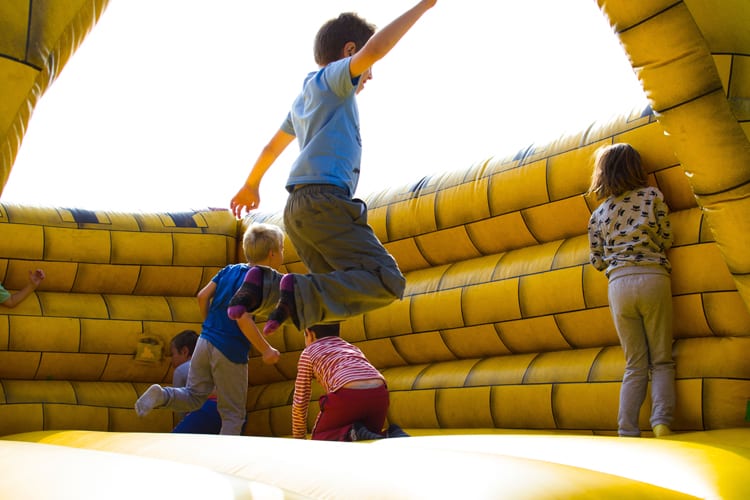As a parent, you probably spend a lot of time doing what’s best for your children. You make them eat their vegetables, brush their teeth, take their vitamins, and drink enough water. You also fiercely protect them, but some parents do so at the sacrifice of positive social experiences, which is not good for their development.
While nurturing your child and teaching him/her how to succeed, don’t forget about the social and emotional aspects of a healthy life. People need people, and children are happier when they know how to develop and cultivate social relationships from a young age.
Social skills are often influenced by social institutions, but parents play a key role in cementing those skills. Here’s what you should know about the social development of your children:
Social Nurture Is Key for Social and Emotional Development
Kids need more than just nurturing for their brains and bodies. They also need someone to guide their social development.
“Social and emotional development is a child’s ability to understand the feelings of others, control his or her own feelings and behaviors, get along with other children, and build relationships with adults,” explains a white paper from the Missouri Department of Mental Health. “In order for children to develop the basic skills they need such as cooperation, following directions, demonstrating self-control and paying attention, they must have social-emotional skills.”
Without these skills, they will face significant behavioral and emotional challenges for the rest of their lives. They may struggle to make friends, succeed in school, and develop healthy relationships. If you want kids to turn into responsible adults who contribute to society, you should spend time with them in the early stages.
It’s your responsibility to teach that if possible. As you incorporate more social-learning at home, here are a few things that your kids should be doing in order to develop better mental and social health.
Going Out with Others
Some parents avoid leaving the house too often because it’s difficult. Their kids might have a tantrum or might be shy, making it painful to encourage play and interaction. However, this is exactly what your child needs. He/she needs to experience socialization with other kids of varying ages.
If you want them to be polite, listen when others are talking, and become more outgoing, it starts with socialization with other children. Appropriately exposing them to some of their social fears at a young age will prepare them for many challenges to come.
Learning Social Cues at Home
Learning social cues at home is the best thing for cementing this emotional connection in your kids. “Children model their behavior from people they admire, such as their parents and teachers,” says Dr. Julia Ogg in a Psychology Today article. “When caregivers model a variety of emotions and coping strategies to manage their emotions, children learn appropriate ways to react in similar circumstances.”
She also encourages giving kids choices so they can learn to assert their independence. Individuals who learn to make decisions and solve problems on their own end up being less of a burden on others.
Sharing Toys and Taking Turns
When you’re with friends or at home with siblings, kids should be encouraged to share and take turns. This is an age-old parenting must that is vital for their social and emotional development.
That being said, it’s okay for kids to have ownership over things. Rather than forcing kids to share or take turns, let them make the choice. If they say no, take the time later on to explain the importance of sharing.
Receiving Positive Discipline
According to Dr. Ogg, positive vs. negative discipline will help kids make better choices and be kind to those around them. They should understand their expectations and know there are consequences when they take another route.
“Setting rules and expectations for behavior, giving warnings of potential consequences, offering praise and incentives for positive behaviors and ignoring unwanted behavior are associated with higher levels of social-emotional skills,” she says. “When children act out, discuss the effects of their behavior on others to promote empathy, perspective taking and prosocial behavior.”
Positive discipline also involves using empathy and logic to show children the errors of their ways. Remember that there’s a person behind the childish actions, and they deserve respect and care, especially when being rebuked.
There’s no perfect way to teach kids social and emotional behaviors, but the best methods start at home. Your efforts when your kids are young will pay off with time. You’ll enjoy better-behaved kids who are able to interact with others and enjoy a more successful lifestyle.




